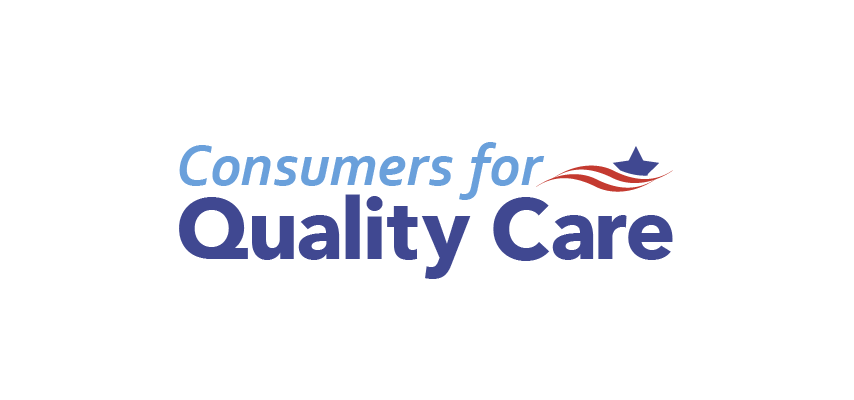CQC Partners Continue To Offer Valuable Resources During COVID-19 Pandemic
By Consumers For Quality Care, on April 27, 2020

Consumers for Quality Care (CQC) is proud to work with organizations helping consumers navigate challenges and concerns associated with the COVID-19 pandemic. Here are more examples of what our partners are doing to help right now:
First Focus on Children has important information on resources being made available to children in need during the crisis. These include items in the Families First Coronavirus Response Act and the CARES Act. Those bills allow states to expand SNAP (Supplemental Nutrition Assistance Program) benefits and flexibility in administration of the program. The cash assistance portion of those bills also provides special extra funding for qualifying children under the age of 17.
The Prevention Institute has information to help connect consumers to resources in their local area. The Prevention Institute recommends relying on local state and public health departments for the most accurate information on how the pandemic is affecting your area and resources you can access.
Black Women’s Health Imperative has launched coronavirus.bwhi.org, which they will frequently update with culturally relevant tools and tips about health and safety, emotional wellness, parenting, healthy lifestyles and financial literacy during the pandemic.
The Global Liver Institute has important information tailored to the needs of patients with pediatric liver disease, rare liver disease, NASH, pre & post liver transplant, and liver cancer. People with these conditions are especially vulnerable to COVID-19. Their information page has a link where these patients can sign up to receive updates and other resources.
Black Aids Institute has information and guidance for people with HIV, who are especially vulnerable to infection from the novel coronavirus. Persons with HIV should maintain a 30 to 90-day supply of antiretroviral (ARV) drugs and other medications. They should also talk to their pharmacists about changing to mail order delivery if possible.
The Myositis Association has signed on to several letters to local and federal governments advocating on behalf of consumers on important issues ranging from removing access barriers and including people with disabilities in the COVID-19 response and may others. Many myositis patients are on immunosuppressive drugs and so need to be especially careful to protect themselves.
The American Kidney Fund is currently raising money and distributing grants to kidney patients. The group also has many other COVID-19 resources available on their website. These include tips on maintaining a healthy lifestyle in quarantine, finding work during the pandemic, and what do to if you lose your insurance.



